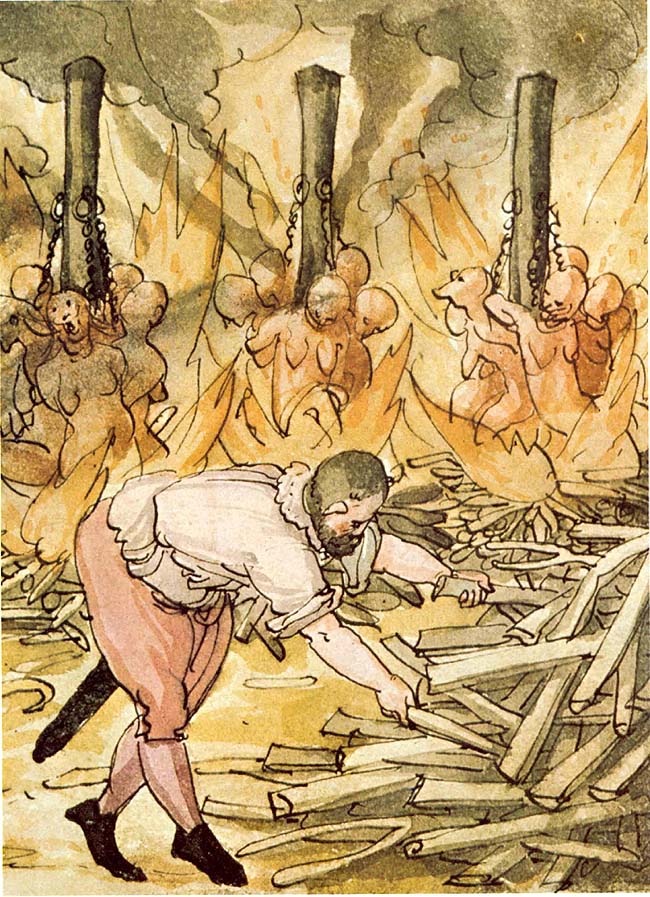At a dinner party I was once told by an American, that while Americans strive for 'Life, Liberty and the pursuit of Happiness’, Canadians get the very unsexy ‘Peace, Order and Good Government’.
At the risk of sounding dull as dishwater, I’m a big fan of peace, order and good government. It’s reassuring. Although peace and order in the Constitution Act of 1867 refers to large issues, most of us understand it as it’s exemplified in everyday life. The quiet way we line up to take our turn or stop our cars at a crosswalk to let children cross. The peace of quiet walks and stopping at a favourite store and getting some food. The way all my neighbours wave and chat.
Since the October 7th Hamas attack against Israel, we are hearing more and more about Canadians being shouted at on the subway by mobs, shootings at schools and defaced places of worship. The places we shop owned by Jews and Muslims are being targeted by mobs and vandalized. Many Canadians are frightened by how the peace and order of everyday life has been shattered by violence and disorder.
People are saying that they simply aren’t safe anymore and where is the legal punishment for this?
There are three separate hatred-related offences in Canada: advocating genocide, publicly inciting hatred, and willfully promoting hatred.
For all three offences, there is no minimum punishment. Imprisonment, probation, or fines are possible.
However, a provision in the Criminal Code addresses crimes motivated by hatred and allows increased penalties when an offender is sentenced for any criminal offence “if there is evidence that the offence was motivated by bias, prejudice or hate based on race, national or ethnic origin, language, colour, religion, sex, age, mental or physical disability, sexual orientation, or gender identity or expression.” So theoretically, these crimes should carry harsher punishments.
Interestingly, and applicable to today’s crises, “In 2009, the Canadian Parliamentary Coalition to Combat Antisemitism was established by major federal political parties to investigate and combat antisemitism - particularly what is referred to as the new antisemitism. It is argued that this form of hate targets Israel, consisting of and fed by allegations of Israeli "war crimes" and similar claims. Anti-Israel actions that led to the formation of a Parliamentary Coalition included boycott campaigns on university campuses and in some churches, spilling over into attacks on synagogues, Jewish institutions and individuals.”
So, how is this playing out? Police forces are asking people to come forward and report, and many are increasing the officers dedicated to hate crimes. In Toronto, Chief Myron Demkiw said there has been a "staggering" increase in hate crimes since the Hamas October seventh attack, most of the hate crimes - 40% of them - are antisemitic hate crimes and “the force's hate crime unit has been expanded from a team of six to 32. And that since Oct. 7th, the unit has made 22 arrests and laid 58 charges.” This type of communication with the public, encouraging reporting as well as communicating that arrests and charges have occurred, goes a long way to making people feel safer and it needs to be communicated more.
Perhaps part of the problem is that many hate crimes are shared on social media but without follow-up, so there appears to be no accountability. A widely shared video showed an Indigo store with posters and red paint, the posters depicting an image of the company’s Jewish CEO Heather Reisman and accusing her of “Funding Genocide.” There were, however, consequences for those involved. So far, eleven people have been arrested, charged and the investigation remains open. We have yet to hear what their punishment will be and if there will be jail time.
This dramatic rise in hate motivated crime is testing our laws, our police response, legal system and things may have to change to meet the challenge. We haven’t seen this level of hate crimes before and just like police forces are adding officers trained to deal with hate crimes, perhaps we need to finally ask if our legal system can properly charge those involved? Will the punishment serve as a deterrent to others who might want to embark on similar hate crimes? Will the police response to arrest people be swift enough to make people feel safe or are more tools needed? Do we need strict minimum sentences to serve as a future deterrent?
I don’t know the answer to any of these questions – just a fan of peace, order and good government who is very worried.









